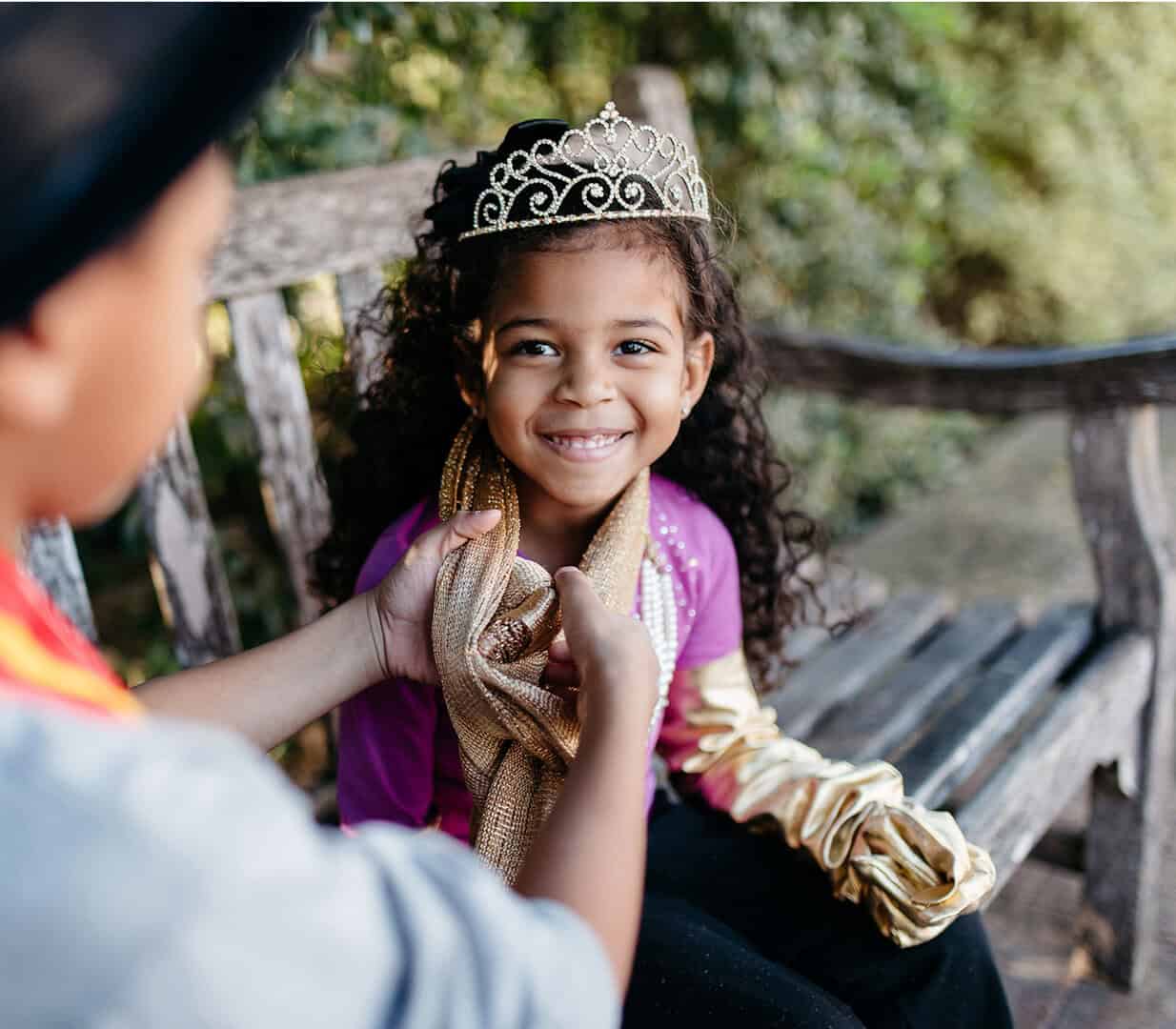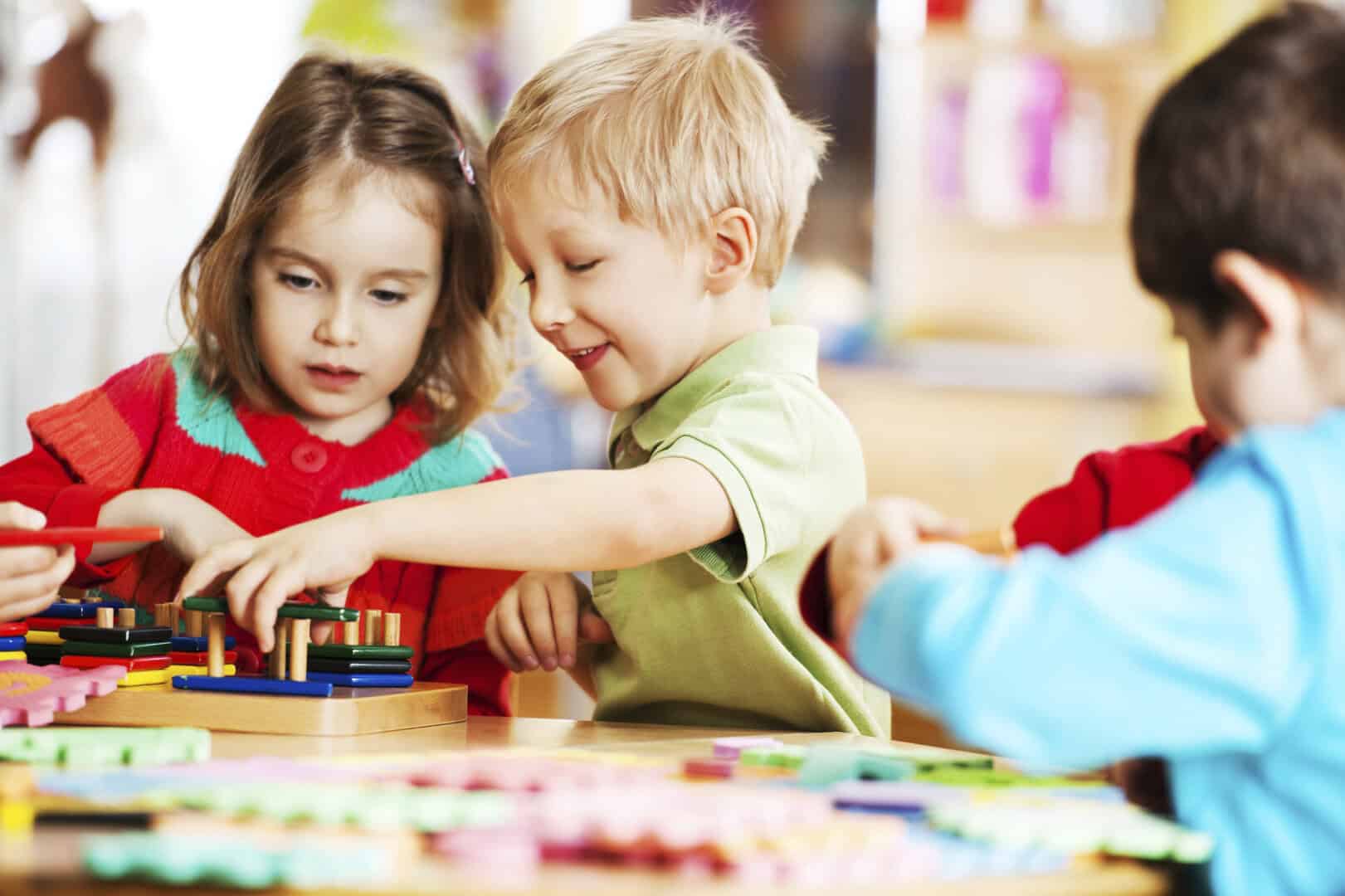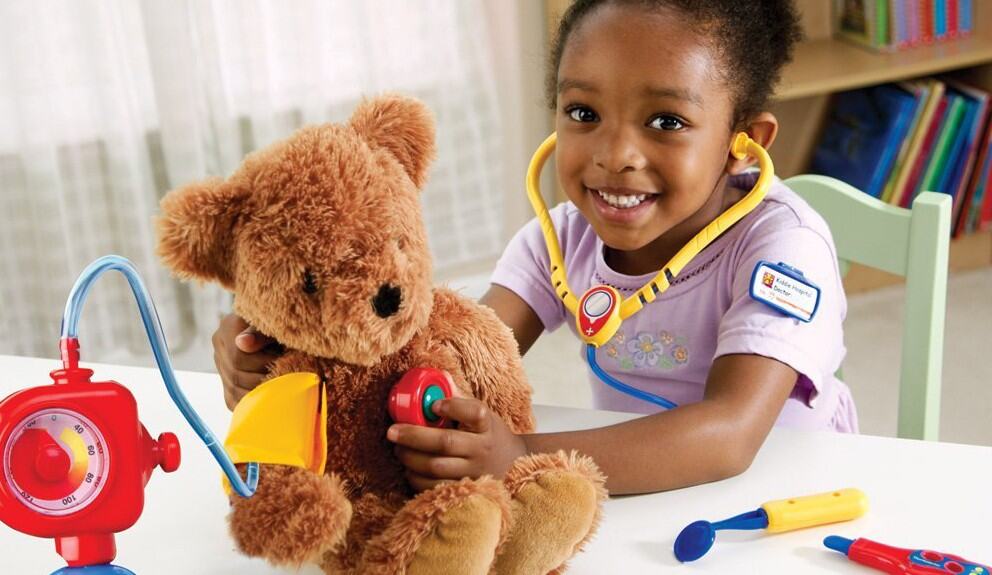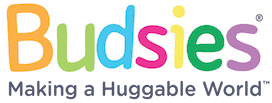We are a professional blog site that may receive compensation or free samples from the companies whose products and topics we write about. We are independently owned, and the opinions expressed here are of the writer. To read the full disclosure click here.
______________________________
Make believe may seem like a fruitless pastime of bored children. Yes, donning underwear hats and too-big shoes as costumes while they pretend to be wizards or cowboys may seem like nothing more than a simple game to those that are past those childhood years. However, make believe may actually result in some long-term learning benefits and healthy coping mechanism.
More Than a Fairytale

Stories and fairytales are the initial learning materials for children. Although they are farfetched and whimsical, they present life lessons and manners in a fun and enjoyable way.
Psychologists believe that an escape from reality in the form of daydreaming or imagination can help with stress or anxiety within adults. There should be no surprise, then, that the practice also has a few benefits in children.
When children stretch their imaginations not only are they venturing into new worlds of their own, they are also bringing back a stronger understanding of the world around them. The widely general theme of “right vs wrong” between hero and villain may be whittled down and applied to everyday situations such as sharing and kind words, for example.
Also, when children hear tales filled with heroes and heroines overcoming obstacles and “happily ever afters” they start to recognize the pattern of individual growth. When children realize this, they begin to understand that not everything comes automatically; that achieving a goal often requires time and preparation.
Pretending and Playtime
 Wherever kids gather, a game is sure to follow. Whether with friends or with siblings, children usually begin their game by creating a set of rules: setting boundaries for a game of tag or putting limitations on pretend superpowers make the game more fair and ultimately more enjoyable.
Wherever kids gather, a game is sure to follow. Whether with friends or with siblings, children usually begin their game by creating a set of rules: setting boundaries for a game of tag or putting limitations on pretend superpowers make the game more fair and ultimately more enjoyable.
These self-elected rules do more than just prevent cheating. These conversations, which may last just as long as the game itself, are a hands-on opportunity to learn about negotiating. Social standards are developed during these talks; while arguments are certain to happen, the resulting compromise is a frequent playground lesson that will stay with children as they grow.
Therefore, play is a sort of rehearsal for adult life, providing (more or less) consequence-free experience that give children a taste of social navigation.
Development
 Imagination and playing pretend are a child’s first steps toward matching their own experiences with new situations, a practice common in adults when posed with an unfamiliar situation. While children do not have a large backlog of experiences to draw from, they can pretend like they do.
Imagination and playing pretend are a child’s first steps toward matching their own experiences with new situations, a practice common in adults when posed with an unfamiliar situation. While children do not have a large backlog of experiences to draw from, they can pretend like they do.
A child may never have been a firefighter, but by learning about them and playing firefighter in a game of make believe they may have learned to appropriate response to seeing a fire — don’t touch it!
Imaginative play is also a crucial part in strengthening a child’s learning style. Children who tested high in imagery ability also perform very well in various visual and verbal learning situations (you can learn what style your child has here).
Basically, make believe is an integral part of child development. They learn from their games and stories just like they learn in school. By stretching their creative muscles early on, they open up new creative possibilities in the future.





